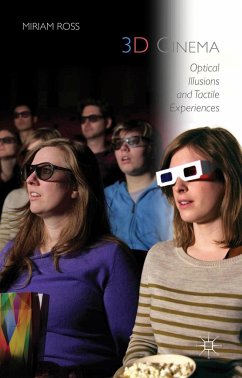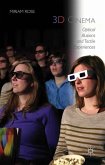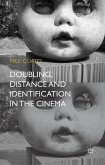'Covering the optical and illusory quality of 3D from its Victorian beginnings to its new digital dominance, Ross presents a new critical perspective on 3D that should be required reading for anyone in the field.' - Keith M. Johnston, University of East Anglia, UK
'With 3D Cinema Miriam Ross has finally written the book I've been waiting for someone to write for years! This is a masterfully written, thoughtful and thoroughly researched book that provides a rich account of shifts in perception and visuality. Rather than understanding 3D as a phenomenon specific to our digital times, Ross considers its connection to the complex media history of stereoscopic illusions that goes back 200 years. This book is a must read for any serious film and screen scholar!' - Angela Ndalianis, University of Melbourne, Australia
'Ross's trenchant book provides what the digital 3D era has long needed: neither hyperbolic justification nor predictable praise for stereoscopic cinema's few acknowledged masterpieces, but a sophisticated contribution to cinema aesthetics, in which 3D emerges as a third regime of screen entertainment, and one closely linked to contemporary fascination with bodily experience.' - Ian Christie, Birkbeck College, University of London, UK
'With 3D Cinema Miriam Ross has finally written the book I've been waiting for someone to write for years! This is a masterfully written, thoughtful and thoroughly researched book that provides a rich account of shifts in perception and visuality. Rather than understanding 3D as a phenomenon specific to our digital times, Ross considers its connection to the complex media history of stereoscopic illusions that goes back 200 years. This book is a must read for any serious film and screen scholar!' - Angela Ndalianis, University of Melbourne, Australia
'Ross's trenchant book provides what the digital 3D era has long needed: neither hyperbolic justification nor predictable praise for stereoscopic cinema's few acknowledged masterpieces, but a sophisticated contribution to cinema aesthetics, in which 3D emerges as a third regime of screen entertainment, and one closely linked to contemporary fascination with bodily experience.' - Ian Christie, Birkbeck College, University of London, UK








